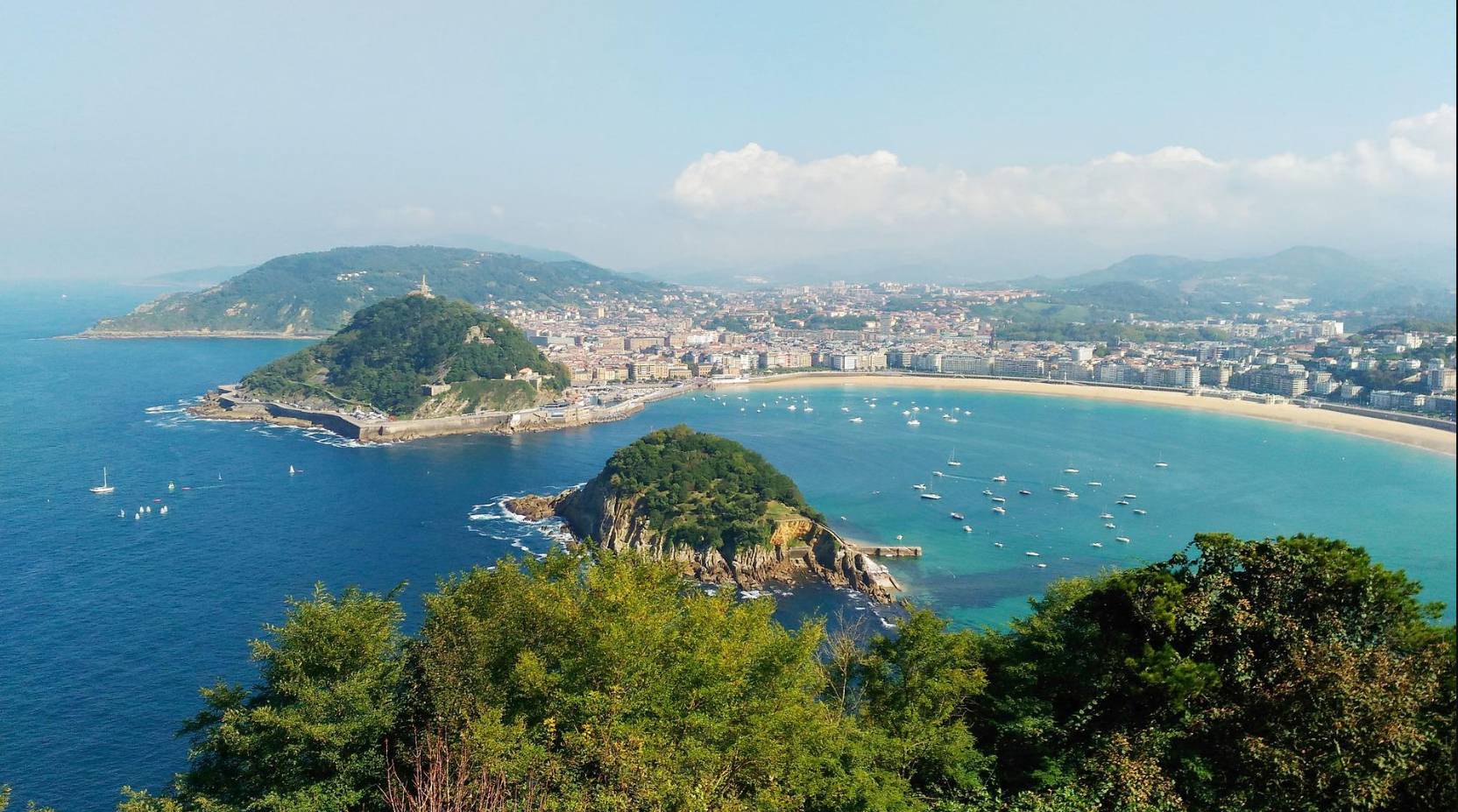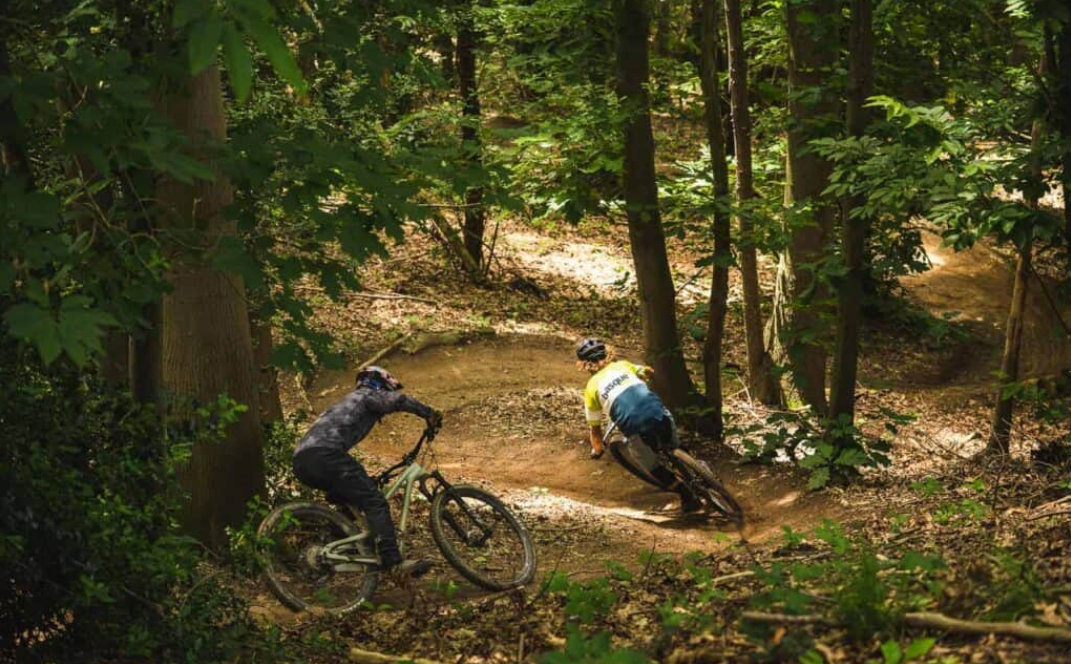Welcome back to ‘Long Weekends in Europe’, our newest series detailing the best places that you and your family can visit for a mini break across the great continent of Europe.
Last time we went on a trip around the Brittany region of France, and in our second instalment, we’re making the trip across the border to one of the most northerly regions of Spain, the Basque Country. The area is one of the nation’s most interesting and culturally unique, with a distinctively alternative flavour to much of the Spanish mainland, making it one of the most memorable destinations we’ll visit in the series.
Where should I stay?
Like many regions in Spain, there are a number of beautiful Basque towns and cities to make your home for a short trip, including Bilbao, Getxo, and Vitoria-Gastiez. All are sure to give you a true taste of the Basque County, in particular the capital of Bilbao as it is home to many gothic churches, museums and restaurants.
If you want to truly see the heart of the Basque Country though, there is only one place you can stay and that is Donostia–San Sebastián. This resort town is one of the largest in the region and is home to around 200,000 people, making it vibrant yet cosy enough for a long weekend getaway.
San Sebastián is located in the Bay of Biscay and was a prominent port town throughout its history, with fishing still a major industry in the area. You could take a boat out into the Bay and experience the pristine blue waters of the Basque Country for yourself.
For the most authentic experience of the life in the city, the Igeldo neighbourhood is the best place to stay and explore. This small area is the oldest part of the town and is home to some traditional Basque shops and restaurants where you and your family can make memories you’ll never forget.

What is there for families to do?
The great thing about the Basque Country is that it’s one of the most family friendly regions in Spain, alongside being one of its most visually impressive. There are so many wonderful experiences you can have with your family here, from the hills to the sea.
We all know that Spain is home to some of the best beaches in Europe, and if this is your thing then you will not be disappointed in the Basque Country, starting with San Sebastián’s La Concha beach.
Away from the beaches, why not take your family to the Monte Igueldo theme park, also in the San Sebastián area. This old-fashioned park is different to those in the UK and harks back to the days of simple rollercoasters and other smaller rides like trampolines and slides.
If you’re staying in the old industrial city of Bilbao, there is a wealth of history to explore and the Maritime museum is a must-see attraction, explaining the story of the Basque Country’s inseparable relationship with the sea.
What’s cooking?
If you’re anything like us, food is the most important and sometimes most memorable part of a holiday, and the Basque Country will invite your tastebuds to a flavour-filled paradise. The region relies heavily on its own produce, and this gives each season its own distinct taste, so it’s always time for a good meal.
During the spring, the main produce is fruit and vegetables, meaning that there is a fresh feel to the dishes served up. This includes fish paired with fresh Basque salad and finished off with a portion of Idiazabal cheese. This kind of dish is also popular in the summer and is often completed with a dash of Basque Cider to cleanse the palette.
If you visit towards the end of the year, then expect there to be a meaty menu served up in most of the local restaurants. The vast expanse of the Basque Mountains make them perfect hunting grounds for game, which is delivered straight to your plate – fresh meat never tasted so good.

Cycling in the Basque Country
Few parts of the world are as fanatical about cycling as the Basque Country. The fans can be seen flying the Basque flag at races around the world and are always prominent whenever the Tour de France or Vuelta a España hit the Pyrenees.
As we’ve already mentioned, the region is home to many great mountains and are therefore the perfect training area for climbers; plenty of professional teams have held training camps in the area before heading to major races.
As for their own events, the biggest in the Basque Country is the annual one-day race, the Clásica San Sebastián. Usually the first WorldTour race after the Tour de France, this long and hilly classic always attracts some of the best climbers, puncheurs, and grimpeurs in the peloton, and is often held up as one of the most exciting one-day events of the year.
There is also the Tour of the Basque Country that takes place in the earlier part of the season, and a winner here – like 2022 champion Dani Martínez of the INEOS Grenadiers – is always considered one to watch as the season progresses towards the bigger events of the summer.
For the mountain bikers out there, Our partners, Basque MTB offer high quality, low volume guided mountain bike tours around Northern Spain, the Basque coast and the Pyrenees. They only use local guides so you’re guaranteed to experience the best trails and food on offer. Check out their reviews and get yourself booked in!

Alternatively, If you’re planning your own trip in an area that you’ve not previously visited, you should give the Komoot app a try. There are thousands of recommended routes saved which can all be filtered by difficulty, distance, total ascent etc. The routes can then be uploaded to your phone or GPS unit so there wont be any danger of you getting lost or ending up on a horribly busy stretch of dual carriageway!
https://www.komoot.com/guide/72520/road-cycling-routes-in-basque-country
When should I visit the Basque Country?
If you’re looking for a sunny escape in warmer climes, the best time to visit anywhere in Spain is the summer, when sun is almost guaranteed every day of your break – things are no different in the Basque Country.
That being said, the heat in the height of summer can be stifling, verging on unhealthy, so for more bearable temperatures the spring or autumn seasons may be a better option for you. Winter can be cold in the Basque Country, as winds and snow from the nearby mountains come sweeping into the towns and cities below, so only consider this time of year if culture and tourism are your priority over riding your bike.
If you’re coming for a cycling holiday, the very best time to come is whenever a race is being held. You’ll get to experience the chaotic nature of the Basque fans and then ride the route for yourself either before or after the professionals show you how it’s done.
Getting there
The best method of traveling from the UK to the Basque Country is by air. There are a number of international airports in and around the region that have regular flights from the UK, including Bilbao, Santander, Asturias, and Biarritz just over the border in France.
If you prefer a slower and more scenic voyage, there are also ferries that can take you from Portsmouth to Bilbao. A ferry trip can take up to 24 hours if you choose the sleeper option, so is perhaps more suited to a lengthier stay in the region.
Finally, you can drive to the Basque Country via France if you like to use the Eurostar. This journey should take 17 hours, but with stops along the way it could take you a couple of days and is again better suited for a longer trip.
Now that you know all you need to about what a long weekend in the Basque Country, it’s time to pack those bags and get exploring this fascinating region of Spain. And don’t forget to take out cycle travel insurance with Yellow Jersey before you go, especially if a two-wheeled adventure is on your itinerary.